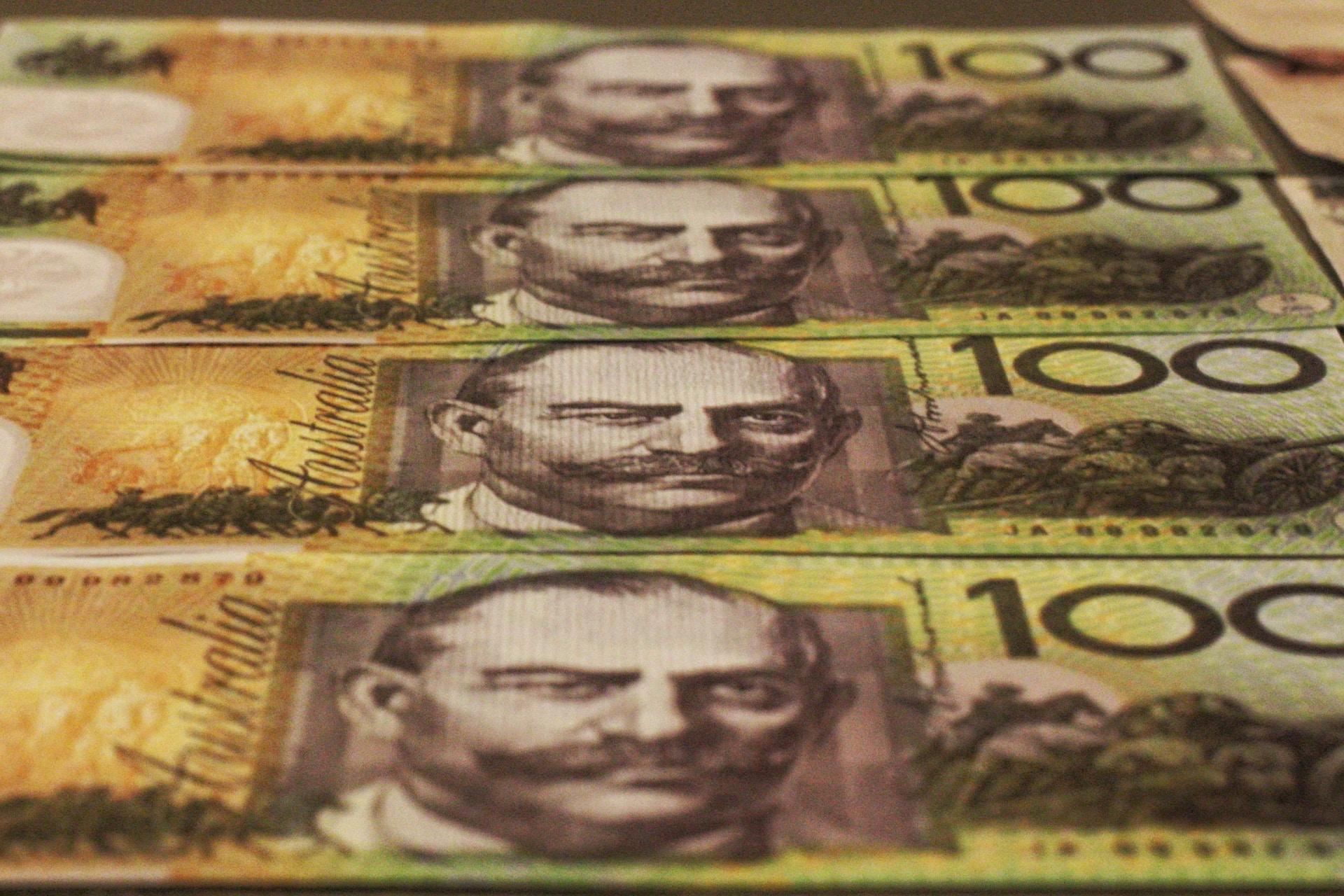University should be a time of discovery that gives students the space and time to learn more about their chosen subjects as well as life and about themselves. Learning about life covers everything from what happens after a night of drinking to the consequences of not managing money well. As for young adults learning about themselves, there's no better way to do that than experiencing life far away from everything safe, comfortable and familiar.
To that end, university exchange programs are fit for the purpose. You may find some university exchange programs limited to partner universities in Australia or nearby New Zealand. But most are for schools much further abroad, even in countries whose official language is not English.
That sounds rather daunting but, try as we might, we couldn't find a single student who had taken part in a university exchange program that regretted doing so. Despite downsides like homesickness and added costs, students on exchange view the experience as positive and beneficial. You likely will too, as long as you get everything in order before embarking on your exchange adventure. Read on to find out everything you need to know going on exchange.

University Exchange Programs Overview
As mentioned in this article's introduction, universities all around the world have partnered up to welcome each other's students for at least one study term. Interested students may thus choose their study exchange based both on location and subjects taught. Be aware that partner schools have their own requirements exchange students must meet before their application is accepted. You should ask your advisor if your chosen uni has any such guidelines.
Going abroad to study doesn't mean you lose your place at your home university. Typically, you stay on the rolls at your Australian university, which means you must pay your university fees. Usually, Australian universities add the credits you earn while studying abroad toward earning your degree. University exchange programs are not extracurricular.
If you already receive scholarship funds from your school, those monies will transfer with you. Also, as you are already paying for university in Australia, you will not have to pay tuition at your host university. However, you should plan for extra expenses. We'll cover those a bit later on.
Before you can enrol in your university's exchange program, you have to make sure you're eligible. Criteria for enrolment vary from one uni to the next. Overall, students have to maintain a certain grade point average, be in good academic standing and be on track to earn a certain number of credits by the end of your exchange. Some schools require students to undergo training and advising sessions before they can enrol in the program.

Do Your Research
Once you've cleared all the hurdles and you know which university exchange programs you're eligible for, take some time to make your decision. Remember that your university vets their partner schools only from the point that the other school meshes with the standards and values of your uni. They don't conduct student satisfaction surveys or concern themselves with every aspect of student life abroad.
First, read all about your proposed host country. You may already have some superficial knowledge or know about its touristy aspects. Now, it's time to dig into what life is like there. You'll be there for months, not weeks, so you'll have to know about things like public transportation and the food culture. This is especially important if you'll stay with a host family while you study.
Or maybe your exchange uni has a dorm room for you? In which case, you'll need to know if there will be cooking and laundry facilities, things you won't have to worry about if staying with a host family. What will university accommodations be like - will you sleep four to a room?
Researching your host university is just as important as reading about your host country. If your host university welcomes Australian students, it's a good bet that courses will be taught in English. But how prevalent is your native language in the broader society? University exchange programs in Europe fairly guarantee that English is widely spoken around town but that might not be the case in China or Japan.

Documentation for University Exchange Programs
By now, you likely have the idea that applying for university exchange programs is not like applying for internships. You may intern abroad, in which case you need the same level of planning but most students prefer internships closer to home. Whether you plan to intern abroad or you're going for an exchange program, you'll need documentation.
You should check if your host country requires a visa for entry; if so, you need to apply for it a few months before you leave. Also, your host institution may require additional paperwork; your home university probably will, too. You may even have to furnish a few passport photos for a student identification card and financial information. Don't forget about student insurance, that too will likely be required.

Plan Your Budget
International study isn't necessarily more expensive than attending classes at home but you will still need to plan your finances. You will have to spend some on student insurance and a passport if you don't already have one. Travelling to your new adventure will be on your dime. You won't have to pay for your host uni's classes, but you might have extra costs for supplies and may have to pay for your dorm room.
Here again, researching your venture thoroughly pays off. Don't just go over your host uni's website with a fine-toothed comb. Visit sites like Numbeo and Nerdwallet, which offers a cost of living calculator. That way, you can get an idea of how much you'll need for food, entertainment and travel in your host city.
You may consider taking language lessons if your host country's native language isn't English. Your uni may offer such lessons at low or no cost to help you get ready, or you might download a few language learning apps. You could pay for private lessons with a language tutor online, too. Superprof has many such tutors on standby for your convenience.
If you're still in high school planning your university budget, you might include university exchange programs as something to save money for. That way, if you decide going on exchange is right for you, you'll have years of savings to rely on. And if you choose not to go, you'll have those funds for something else. That level of financial planning will put you that much closer to reaching your financial goals.

Preparing for University Exchange Programs
With everything now sorted and all the documentation prepared, you only need to pack your bags and go. But what should you pack, and how much? Unless your host uni is in Australia and you can drive there, you'll be limited on how much baggage you can bring on your flight. And don't forget to budget for baggage fees, there and back.
If you've done your research, you'll have an idea what the climate will be so you should know roughly what type of clothing to pack. The trick is to not pack too much, especially if you know you'll have laundry facilities where you stay. You probably won't need to pack more than a travel kit of toiletries because you can buy those supplies once you get settled in.
Other personal care items like hair dryers and shavers may require an adaptor so if you pack them, be sure to pack an international kit, too. You'll probably need adaptors for your electronic devices, as well. And beware that, if you're going to the US, you'll need a transformer because their consumer electric supply is only 110 volts.
One of the best tips for students going on exchange is to pack a small sewing kit and a first aid kit, as well as any medications you take. While we're on the subject of medications, be sure to talk with your doctor to see if you can get enough of a supply to tide you over. If not, you need to find out if your host university accepts prescription transfers.
You might be tempted to bring some athletic equipment or a musical instrument with you. But unless your exchange program requires such items, it's best to leave them at home. The same goes for other favorites that you can't imagine living without in Australia, like books or blankets. They will eat into your baggage weight and size allowance but a small, beloved drinking mug should be fine.
It never ceases to amaze seasoned travellers that people turn up at the airport with two or three large bags for a two-week trip. The fun, educational part of getting away is learning to adapt to new circumstances. Thus, bringing everything you might possibly need undercuts your learning experience. And besides, packing light means you'll have more room in your suitcase to bring stuff home.
Summarise with AI:















